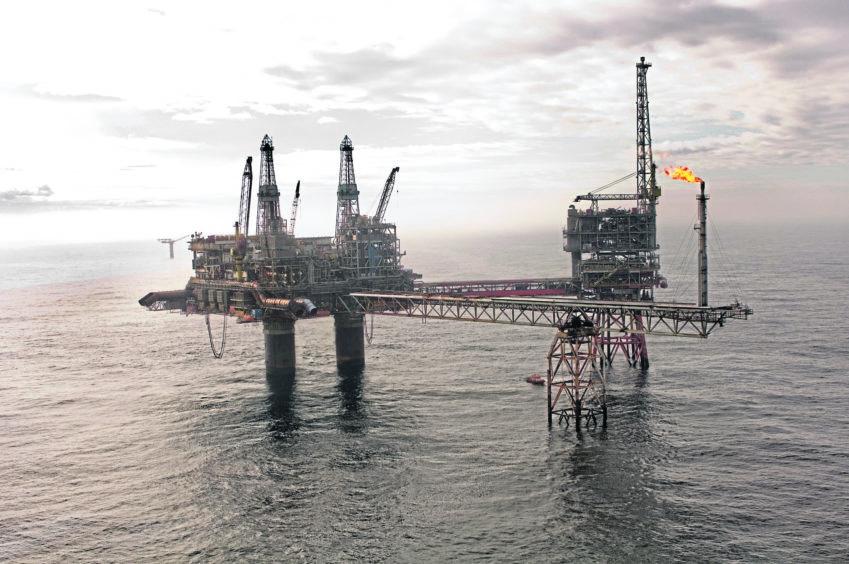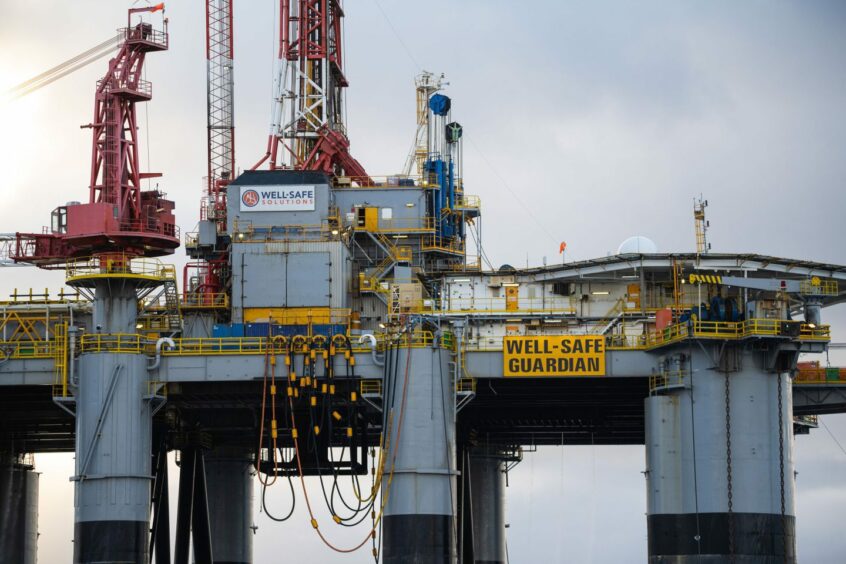
Well-Safe Solutions and Apache (NASDAQ: APA) have struck a multi-year framework deal to decommission wells in the North Sea.
It forms part of Aberdeen-headquartered Well-Safe’s plug and abandonment (P&A) club offering, which targets efficiencies and gives “clients cost certainty”.
To complete the work for the US oil and gas group, Well-Safe will deploy its Well-Safe Defender and Well-Safe Guardian vessels.
A specific value for the contract wasn’t given, but it is understood it may lead to more jobs as the company continues to expand globally.
Chris Hay, director of strategy and business development at Well-Safe, said: “We are ready to assist Apache with their well decommissioning requirements, affording them the flexibility to book their wells into our campaigns when required.
“Our multi-well, multi-operator P&A Clubs give our clients cost certainty and leverage the cumulative experience gained by our specialist decommissioning teams on both assets across hundreds of wells to date.
“This ‘learning curve’ of knowledge, built up through our exclusive focus on well decommissioning operations, enables clients to reap the benefits of scope aggregation when adding a number of wells – or even a single well – to a campaign.
“By building a strong track record solely in well plug and abandonment operations, instead of continually switching between drilling and decommissioning, the cumulative experience gained ensures the delivery of safe and efficient operations.”
Founded in 2017, Well-Safe employs over 350 workers on and offshore, with a main base in the Gateway Business Park, just south of Aberdeen.
Coming in under the average
According to industry regulator the North Sea Transition Authority (NSTA), it takes 31 days on average to decommission a subsea well from a rig.
But the company says it is “comfortably in the top P25 performance quartile”, based on performance when P&A four North Sea wells in the summer,
During the campaign, Well-Safe’s shortest well decommissioning window was 7.9 days, while the longest was just 15.5 days.
Separate to the frame agreement signed by both companies, Apache has secured a slot for the firm to plug and abandon subsea wells in the UK Continental Shelf.
This work will begin in 2024 as part of a continuous campaign, enabling Well-Safe Solutions to maximise schedule flexibility and improve efficiencies of scale for the member companies within the campaign.
It also aligns with the NSTA’s target to reduce the cost of decommissioning North Sea upstream oil and gas infrastructure by 35% by the end of 2022.
Pauline Innes, director of decommissioning at the regulator, said: “There are hundreds of suspended wells across the UKCS that are ready to be decommissioned and impressive cost savings can be achieved from taking a campaign approach to the work.
“We encourage every operator to look at available opportunities to decommission and adopt the most efficient, value-for-money option.”
Well-Safe on the up
In December 2022, the Well-Safe Protector rig mobilised for Ithaca Energy following an extensive P&A refit.
Once complete, it will move directly to its next scope for Neptune Energy later in 2023, having bagged a deal in September.
Well-Safe acquired the jack-up, formerly called the West Epsilon, from Seadrill in 2020.
The company’s fleet also includes the Well-Safe Guardian and the Well-Safe Defender, the latter of which was bought last year for £12.4 million from troubled contractor Awilco Drilling.
The vessel arrived in the Cromarty Firth earlier this year ahead of embarking on a contract for Spirit Energy.
Apache
Apache entered the North Sea after acquiring the Forties field from BP in 2003. It bought the Beryl, Ness, Nevis, Nevis South, Skene and Buckland fields from ExxonMobil in early 2012.
As of year-end 2021, Apache had interests in approximately 494,000 gross acres in the UK North Sea, which contributed 11% of Apache’s 2021 production and approximately 11% of year-end estimated proved reserves.
In 2019, the company’s plans to decommission wellhead protection installations on the Nevis South field was approved by the UK Government.
Recommended for you


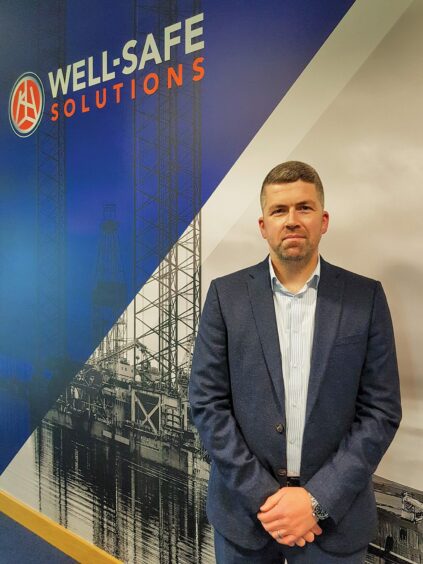 © Supplied by Well-Safe Solutions
© Supplied by Well-Safe Solutions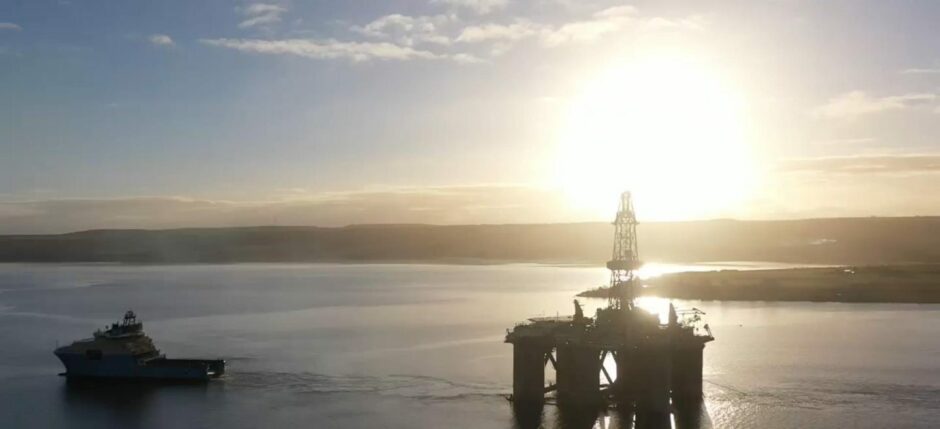 © Supplied by Aventus energy
© Supplied by Aventus energy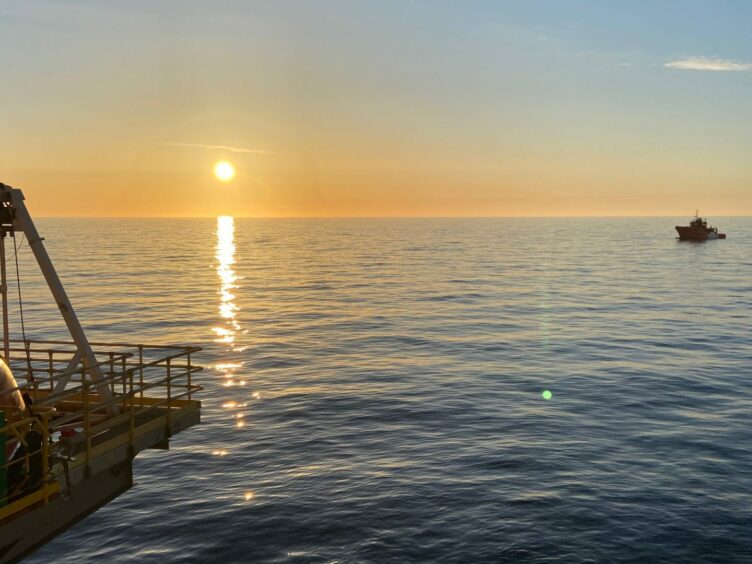 © Supplied by Well-Safe Solutions
© Supplied by Well-Safe Solutions